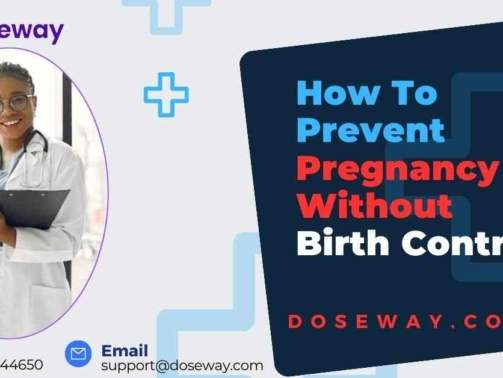Spadix Injection is a combination medication that works as both an antispasmodic and an analgesic. That means it helps relax muscles and relieve pain at the same time. It is commonly used to treat painful spasms, especially those related to the abdo ...
Diane 35 Birth Control [Effectiveness+Side Effects]
Diane 35 is a combination birth control pill that has been widely used by women worldwide for contraception and to treat various hormonal conditions. It is a blend of two hormones: ethinyl estradiol (35 mcg) cyproterone acetate (2 mg). ...
Coconut Water During Pregnancy [Benefits & Risks]
Coconut water is a natural, low-calorie drink rich in electrolytes, vitamins, and minerals, making it a popular choice for those seeking a healthy alternative to sugary beverages. Pregnant women, in particular, have embraced coconut water as ...
Family Planning Tablets In Pakistan 2025 (Emergency Contraceptive Pills)
Emergency Contraceptive Pills (ECPs), also known as family planning tablets, offer a safe and effective solution to prevent unwanted pregnancies. Among various family planning methods, tablets have become a preferred choice in Pakistan due t ...
What Is White Discharge During Early Pregnancy [Causes+Effects]
White discharge, also known as leukorrhea, is a common and normal occurrence during early pregnancy. It is a thin, milky-white fluid that is discharged from the vagina and is usually odorless. Leukorrhea is caused by the increased levels of ...
How To Use Pregnancy Test Strips? [Price+Uses+Results]
Pregnancy test strips are simple, convenient, and affordable tools used to detect pregnancy early on. These thin, paper-like strips are designed to identify the presence of a specific hormone in urine, indicating whether a woman is pregnant or not. ...
How To Prevent Pregnancy Without Birth Control (Avoid Pregnancy Naturally)
As individuals seek greater control over their reproductive health, natural pregnancy prevention methods have gained significant attention. Many are drawn to these alternatives due to the following: Concerns about synthetic hormones and thei ...
Medicine To Get Pregnant Fast (Top Fertility Medicines)
Despite the desire to start a family, many face obstacles in conceiving because of their lack of knowledge about Fertility Medicines. Fertility Challenges: A Growing Concern! 1 in 7 couples experience difficulty conceiving (WHO) 30% o ...
25+ Normal Delivery Tips [In 9th Month] (Painless Delivery Tips)
Normal delivery tips, also known as vaginal delivery, is the process by which a baby is born through the birth canal without the need for surgical intervention. Normal delivery is significant for several reasons: Benefits for the Mot ...
10 Symptoms Of Pregnancy After Sex In One Week
Detecting pregnancy symptoms just one week after sex can be a thrilling yet uncertain experience. If you're wondering whether you'll feel pregnant after only seven days, you're not alone. In this article, we'll explore the 10 symptoms of preg ...

 Cart is empty
Cart is empty 








